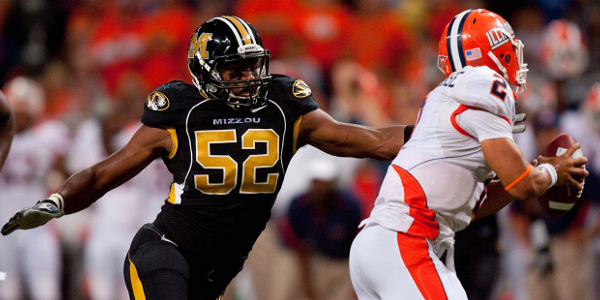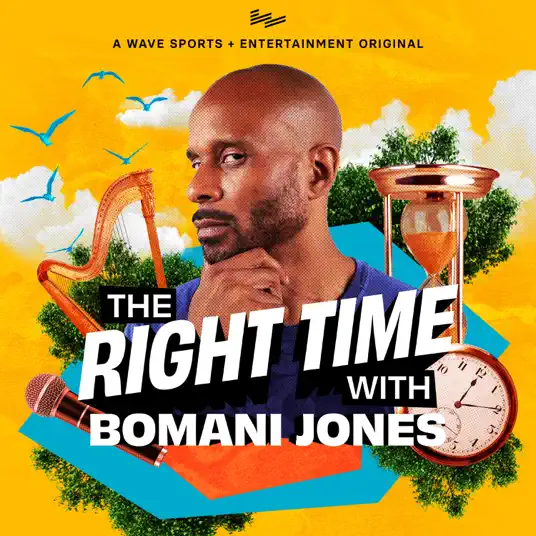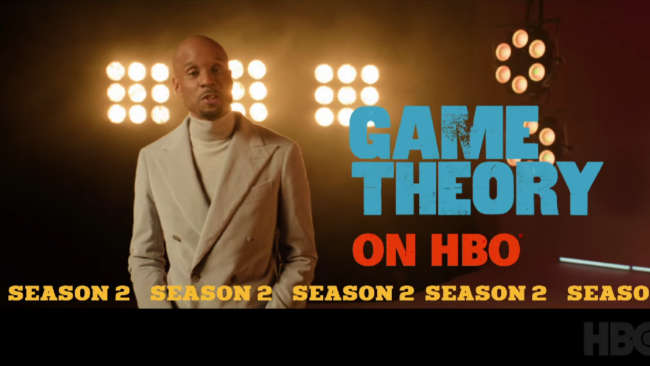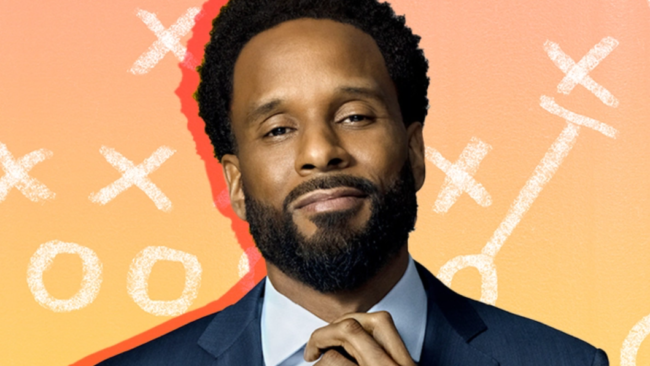
I’d just want to be a footballer. I wouldn’t want to deal with the circus. Are people coming to see you because you’re gay? Would I want to do interviews every day, where people are asking: ‘So you’re taking showers with guys – how’s that?
Social issues give Twitter its depth – after all, it came of age during the 2009 Iran elections.
Former All-American Missouri defensive end Michael Sam revealed he was gay on Sunday, February 9th, at 8 pm through a combination of tweets and articles. A potential 2014 NFL draft choice, Sam could make history by becoming the first openly gay player in the NFL.
Jason Collins and Robbie Rogers were the two most prominent current athletes to come out of the closet in the past year. Collins, a 12 year veteran of the NBA, was (and still is) a free agent when he made his announcement, while Rogers was the first openly gay athlete to compete in a U.S. pro sport with the LA Galaxy. Sam will attempt to do that, but in a league with exponentially more media and cultural influence, one that is described as America’s Game.
Sam’s announcement was carefully orchestrated through the NY Times, ESPN, and Outsports.com. This strategy was in contrast to Collins, who came out in Sports Illustrated with an op-ed and a cover. Rogers came out through a blog post in which he also retired, then unretired and was traded to the Galaxy months later. All three athletes controlled the timing and dissemination of their announcement.
(This control is in contrast to the recent Dr. V story on Grantland. Sam came out to his teammates last August, and while it was an open secret among the campus, neither his teammates nor media prematurely broke the news. As the owner of a Columbia gay bar that Sam frequented put it, “No one felt the need to out him…he was respected here”.)
There’s a shape that breaking news takes once it hits Twitter. The initial tweet comes out and spreads through retweets. People chime in. Those opinions get retweeted, and people respond to the tweets that get retweeted (and someone always steps out of line with a tweet and gets their account suspended). And before we know it, the story is no longer just about Sam coming out of the closet, but our response to Sam coming out of the closet – all filtered through a screen name and avatar. This back and forth becomes another piece of our carefully constructed Twitter personas.
By then, we’ve lost sight of an important question: can Michael Sam actually play?
The Scouting Report
Sam lead the SEC with 11.5 sacks in 2013, was an unanimous first team All-American, and the SEC defensive player of the year. Here’s a list of previous SEC defensive players of the year, and where they were drafted:
2012: Jarvis Jones, 1st Round/17th pick
2011: Morris Claibor 2010: Patrick Peterson, 1st Round/5th pick 2009: Rolando McClain, 1st Round/8th pick 2008: Eric Berry, 1st Round/5th pick 2007: Glenn Dorsey, 1st Round/5th pick 2006: Patrick Willis, 1st Round/6th pick As a 6-2 defensive end, Sam is tagged with the dreaded “tweener” label. Mel Kiper Jr. considers Sam a fourth or fifth round pick based on “football ability”, with favorable comparisons to undersized pass rushers Elvis Dumervil, Robert Mathis, and Cliff Avril. A mid-round projection was the general consensus. That was pre-announcement. While this Deadspin article questions the use of “anonymous front office sources” used in draft projections after Sam revealed his was gay, his stock appears to be somewhere between static to falling. For every John Elway quote about only judging on field talent, there’s anonymous personnel assistants saying that having a gay player would “chemically imbalance an NFL locker room and meeting room”. A former GM asked “why are we going to do that to ourselves?” As outspoken punter Chris Kluwe told Sam, his peers mostly wouldn’t care – after all, Sam was voted MVP of Missouri last season as they won 12 games. Kluwe continued, saying that it’s the “general managers and coaches who are going to say it’s a distraction”. And that brings up a larger issue. The Generational Gap I’m old school. I’m a man-and-a-woman type of guy – Michael Sam Sr.
Michael Sam Sr. was celebrating his birthday at Denny’s when Sam texted him the news that he was gay. Sam Sr. “couldn’t eat no more” and went to have drinks at Applebee’s. He continued, saying he didn’t want his grandkids “raised in that kind of environment”. It’s easy to fall into a Twitter bubble where we congratulate Sam for being brave and wish him the best (and pat ourselves on the back for being open minded). Although the article points out that Sam and his father aren’t particularly close, Sam Sr.’s comments, along with the anonymous NFL execs, illustrates some wider points. First, the acceptance of an openly gay athlete inside a locker room is a generational issue. Second, not everyone is on Twitter. And third, Jason Collins still doesn’t have a job in the NBA.
Those stories will continue to play out for years. Let’s take a moment for now. February 9th was a milestone for American sports. But May 8th – the start of the NFL Draft – is important. As is mid-July, when rookies first report to training camp, and 2018, when Sam, if drafted as projected, is eligible to sign his second contract. And while retweets can reach the world, and NFL contracts speak for themselves, true acceptance starts with something much less ambitious, and much less far reaching – it starts at home, with family.





Outstanding! You make me pleasurable.